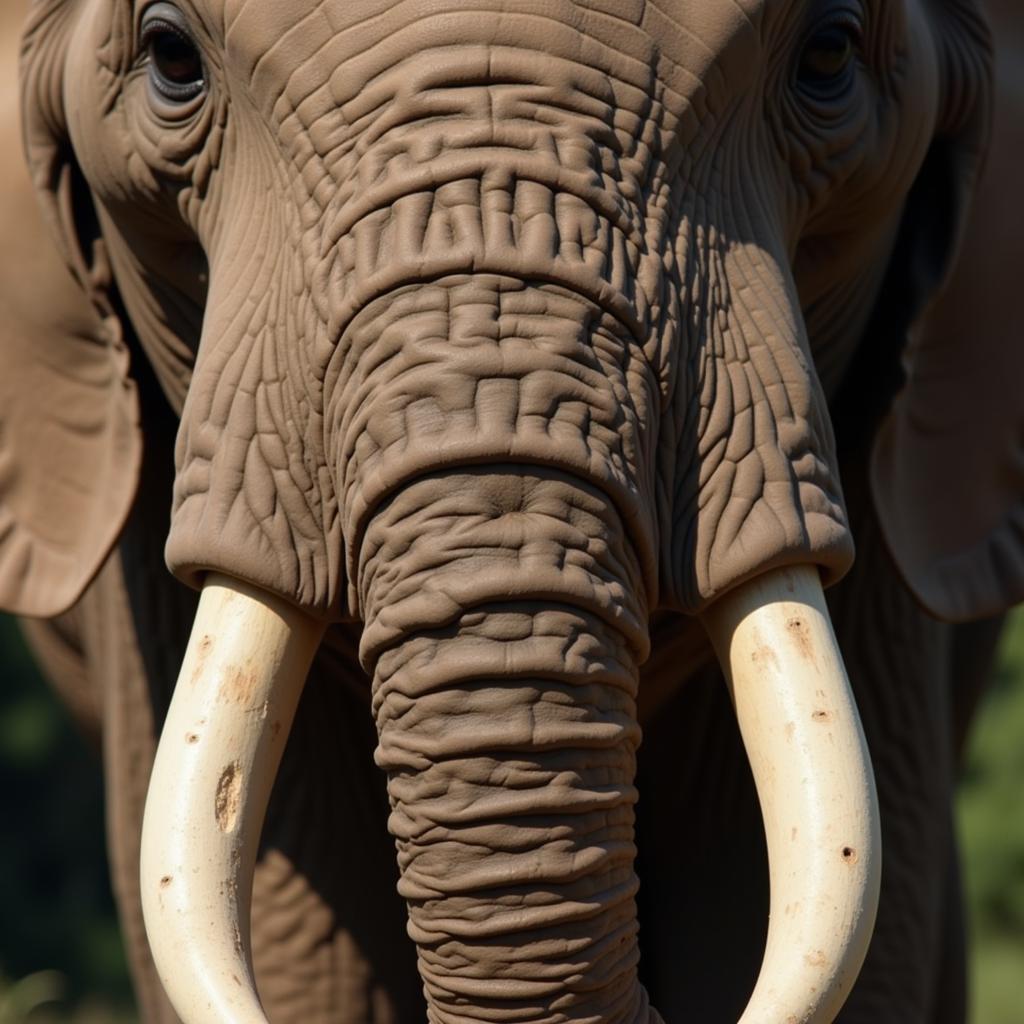African American Superheroes: Representation and Impact
African American Superheroes have played a crucial role in comic books and popular culture, challenging stereotypes and inspiring generations. Their presence offers not just entertainment, but also a powerful reflection of societal struggles and triumphs, pushing boundaries and offering much-needed representation.
From the groundbreaking creation of Black Panther to the more recent successes of characters like Miles Morales, the journey of African American superheroes is a testament to the evolving landscape of representation in media. These characters offer positive role models and empower individuals, particularly within the Black community. They also provide a lens through which complex social issues can be explored, sparking conversations about race, identity, and equality. Their stories resonate with audiences not just because of their superpowers, but also because of their human struggles, vulnerabilities, and ultimately, their resilience. The impact of these superheroes extends beyond entertainment, influencing social discourse and inspiring positive change.
The Rise of Representation: Milestone Characters
The history of African American superheroes is marked by significant milestones. Early characters often faced limitations, confined to stereotypical roles. However, over time, there has been a noticeable shift towards more nuanced and complex portrayals. The introduction of Black Panther in 1966 by Marvel Comics marked a pivotal moment, introducing a powerful African king with advanced technology and a commitment to his people. This was followed by other notable characters like Falcon, Luke Cage, and Storm, each breaking barriers and expanding the scope of representation.
This increasing diversity in comic books reflects a broader societal shift towards acknowledging and celebrating diverse voices. It also underscores the importance of representation, particularly for marginalized communities. Seeing oneself reflected in powerful and positive characters can have a profound impact on self-esteem, ambition, and a sense of belonging.
After the first paragraph:
African American cartoon characters
Beyond the Mask: Exploring Social Themes
African American superheroes often grapple with complex social issues, providing a platform for exploring themes of race, identity, and inequality. Their stories often reflect the real-world challenges faced by Black communities, providing a powerful commentary on systemic racism, police brutality, and economic disparity. Characters like Luke Cage, with his background as an ex-con, and Storm, who confronts prejudice based on her mutant status, offer compelling narratives that resonate with audiences who have experienced similar struggles.
These narratives often go beyond simple good versus evil tropes, delving into the grey areas of morality and the complexities of justice. They provide a space for dialogue and reflection, challenging viewers to confront uncomfortable truths and consider different perspectives. This engagement with social themes elevates the superhero genre, transforming it into a powerful tool for social commentary and change.
The Impact on Popular Culture and Beyond
The influence of African American superheroes extends beyond the pages of comic books, impacting popular culture and shaping broader societal perceptions. The success of films like Black Panther and Spider-Man: Into the Spider-Verse (featuring Miles Morales) demonstrates the growing demand for diverse representation in mainstream media. These films not only entertain but also inspire conversations about race, representation, and the power of inclusive storytelling.
The visibility of these characters challenges traditional notions of heroism and expands the definition of what it means to be a superhero. It also creates a sense of empowerment, particularly for young people from marginalized communities who can now see themselves reflected in powerful and positive role models.
Who are some lesser known African American superheroes?
While characters like Black Panther and Miles Morales have gained widespread recognition, there are many lesser-known African American superheroes who deserve attention. Characters like Bumblebee, Rocket, and Hardware offer unique perspectives and contribute to the rich tapestry of representation within the superhero genre. Exploring these lesser-known characters can broaden our understanding of the diverse range of stories and experiences within the African American superhero narrative.
How have African American superheroes evolved over time?
The portrayal of African American superheroes has evolved significantly over time, moving away from stereotypical representations and towards more complex and nuanced characters. Early depictions often faced limitations, confined to supporting roles or burdened with stereotypical traits. However, with the rise of characters like Black Panther and Storm, there has been a shift towards more empowered and multifaceted portrayals. This evolution reflects a broader societal change in attitudes towards race and representation, demonstrating the power of storytelling to challenge stereotypes and promote positive change.
What is the cultural significance of African American superheroes?
African American superheroes hold immense cultural significance, providing positive role models and a sense of empowerment for Black communities. Their presence in mainstream media challenges traditional notions of heroism and expands the definition of what it means to be a superhero. These characters also serve as a powerful tool for social commentary, addressing complex issues related to race, identity, and inequality. Their stories resonate with audiences, inspiring conversations and promoting positive social change.
Conclusion
African American superheroes have become integral figures in comic books and popular culture, challenging stereotypes, inspiring generations, and driving important conversations about representation and social justice. Their continuing evolution reflects the ongoing struggle for equality and the power of storytelling to shape our understanding of the world. These characters remind us that heroes can come from all backgrounds and that true strength lies not just in superpowers, but also in resilience, compassion, and the unwavering pursuit of justice.
FAQ
- Who was the first African American superhero? While there’s debate, Black Panther is widely considered a groundbreaking character.
- Why is representation important in superhero comics? Representation allows individuals from marginalized communities to see themselves reflected in positive and powerful roles.
- How have African American superheroes impacted popular culture? They’ve influenced movies, television, and other media, shaping broader conversations about race and representation.
- What social issues do African American superheroes often address? Their stories often explore themes of racism, inequality, and social justice.
- Where can I learn more about African American superheroes? Comic books, online resources, and academic studies offer a wealth of information.
- How do these characters empower young people? They provide positive role models and inspire a sense of pride and belonging.
- What is the future of African American superheroes? Continued evolution and diversification, with more complex and nuanced stories being told.
Need more help?
Check out these related topics: The Power of Representation in Media, The Evolution of Superhero Comics, Social Justice and Comic Books.
Contact Us
For assistance, please contact us at Phone: +255768904061, Email: [email protected] or visit our office at Mbarali DC Mawindi, Kangaga, Tanzania. Our customer service team is available 24/7.

